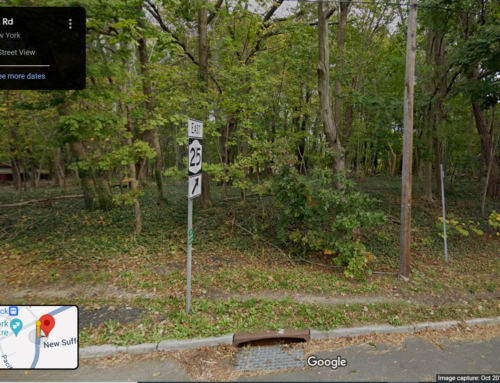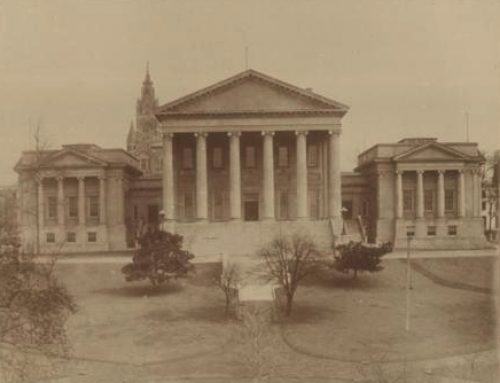 This article summarizes portions of the Infrastructure Junkies! podcast on the same subject. For a more in-depth discussion, visit the podcast episode here: Cemeteries, Human Remains and Property Rights: Everything You Need to Know!
This article summarizes portions of the Infrastructure Junkies! podcast on the same subject. For a more in-depth discussion, visit the podcast episode here: Cemeteries, Human Remains and Property Rights: Everything You Need to Know!
Most of us know that it is illegal to disturb a grave. The law applies to agencies and project managers involved in infrastructure development. There is no exemption to that law for government agencies and officials who encounter graves or human remains, yet do not observe proper procedures for disturbing or moving them. Tanya D. Marsh, a professor at Wake Forest University School of Law teaches the only law school course on cemetery and funeral law in the United States. Professor Marsh aptly noted that “cemeteries are just a land use” and are in fact a subspecialty of real estate law. She observed that most cemetery law is governed by state statutes, but some common law can apply across jurisdictions.
When a cemetery lies in the path of an infrastructure project, there are several steps that must be followed. First, the agency must identify whose interests are being taken. There may be a cemetery association, a family plot, as well as the deceased’s “right of sepulcher”. Professor Marsh’s position is that there are certain longstanding principles that still remain. “Once a person dies and becomes remains, that body is human remains forever”. Accordingly, “once a body decomposes … and intermingles with the dirt, it becomes human remains forever.” Even if one does not encounter an actual corpse or skeleton, the grave must be disinterred and reinterred along with the dirt surrounding it.
“Our rights as a deceased in a grave…last forever” says Professor Marsh. “This goes back to Rome. This is Roman law.” Professor Marsh’s position is that once a human corpse is buried, it is entitled to “perpetual undisturbed repose”, meaning the right to be undisturbed forever.
Professor Marsh notes that “Typically, in a case where a cemetery is taken, there is twofold compensation. You have to compensate the owner of the underlying fee for the real property that you are taking, and then you have to compensate the holder of the right of sepulcher…” This would profoundly affect eminent domain proceedings.
These concepts and more are explored at length in an interview with Professor Marsh on Episode 39 of the Infrastructure Junkies! podcast.
 Dave Arnold founded Pender & Coward’s eminent domain practice group more than a decade ago. His law practice focuses in the areas of eminent domain and right of way condemnation for government and business entities, including real estate transactions, litigation and local government. Dave serves as an advisor to state and government agencies, municipalities, utilities, transit authorities, and consultants in all phases of right-of-way projects. He also serves as General Counsel to the International Right of Way Association (“IRWA”). A frequent speaker at industry conferences, Dave also teaches continuing legal education seminars and IRWA courses involving eminent domain law and right of way acquisitions. Dave also co-hosts the popular “Infrastructure Junkies!” podcast which focuses on eminent domain and right of way issues and can be found on all major podcast platforms.
Dave Arnold founded Pender & Coward’s eminent domain practice group more than a decade ago. His law practice focuses in the areas of eminent domain and right of way condemnation for government and business entities, including real estate transactions, litigation and local government. Dave serves as an advisor to state and government agencies, municipalities, utilities, transit authorities, and consultants in all phases of right-of-way projects. He also serves as General Counsel to the International Right of Way Association (“IRWA”). A frequent speaker at industry conferences, Dave also teaches continuing legal education seminars and IRWA courses involving eminent domain law and right of way acquisitions. Dave also co-hosts the popular “Infrastructure Junkies!” podcast which focuses on eminent domain and right of way issues and can be found on all major podcast platforms.







Leave A Comment